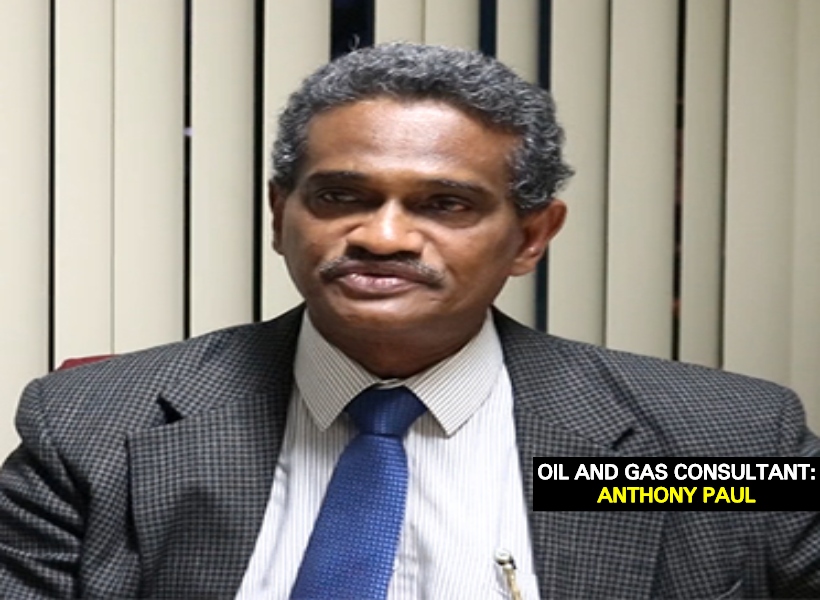Much has been said about the need for robust Petroleum laws and policies. But what difference would it make if the guardians of the natural resources—Guyana’s civil servants— are not well paid and are without the right systems and tools to carry out their tasks effectively?
This question was recently proffered by Trinidadian Energy Advisor, Anthony Paul as he emphasized the need for civil servants to be properly compensated and State institutions strengthened if there is any intention to ensure the resources do not become easy loot.
Paul said, “We always talk about the story of Singapore as a developing country that did so well but we never really try to understand what they did. What they did was nothing extraordinary. They did a simple thing; they hired the best people in the public service. But countries like ours, we fell into the trap of debt in the 80s after commodity prices rose in the 70s and the advice we got from great Washington institutions is that we should cut costs.”
The Local Content Expert added, “…We ended up cutting public servants’ salaries and what happened is that we weakened the guardians of our resources so it is no surprise when people come in and our resources become easy plunder…”
Taking a deeper look at the case of his home country, Paul noted that in the 60s, Trinidad had very robust laws and a strong Petroleum Ministry. He said that initially, it was well run and the civil servants were transparent as they followed all reporting requirements and made use of the respective mechanisms in place.
But during the 80s and 90s, Paul said that “things changed.” He said that during that period, there was not only a change in the nation’s financial circumstances, but also, a move to natural gas. He noted however that the regulations did not contemplate how this resource would be managed if discovered. Even so, Paul noted that the people in the system at the time had the experience of managing oil well while reminding of the strong systems they had in place which were underpinned by Standard Operating Procedures that were followed.
By the 90s however, Paul noted that the procedures were no longer being used while ad hoc decisions were being made and in some cases, none at all.
The Advisor said, “So what you see here is a clear sequence of events. The reason we did so well in the beginning is because we had the best and we compensated them well. But by the 80s, when things changed after we ended up in debt, government was, and has been, reluctant to pay civil servants well and that has led to the decline…”
Paul added, “So what you can learn from us is that we did some things really well and we did some things that were not so good. Find out what broke down and why and see what your country can do to prevent this from happening. Key to that for me is your mechanisms for decision making must be transparent. Those making the decisions must be held accountable and there must be consequences for poor outcomes.”











